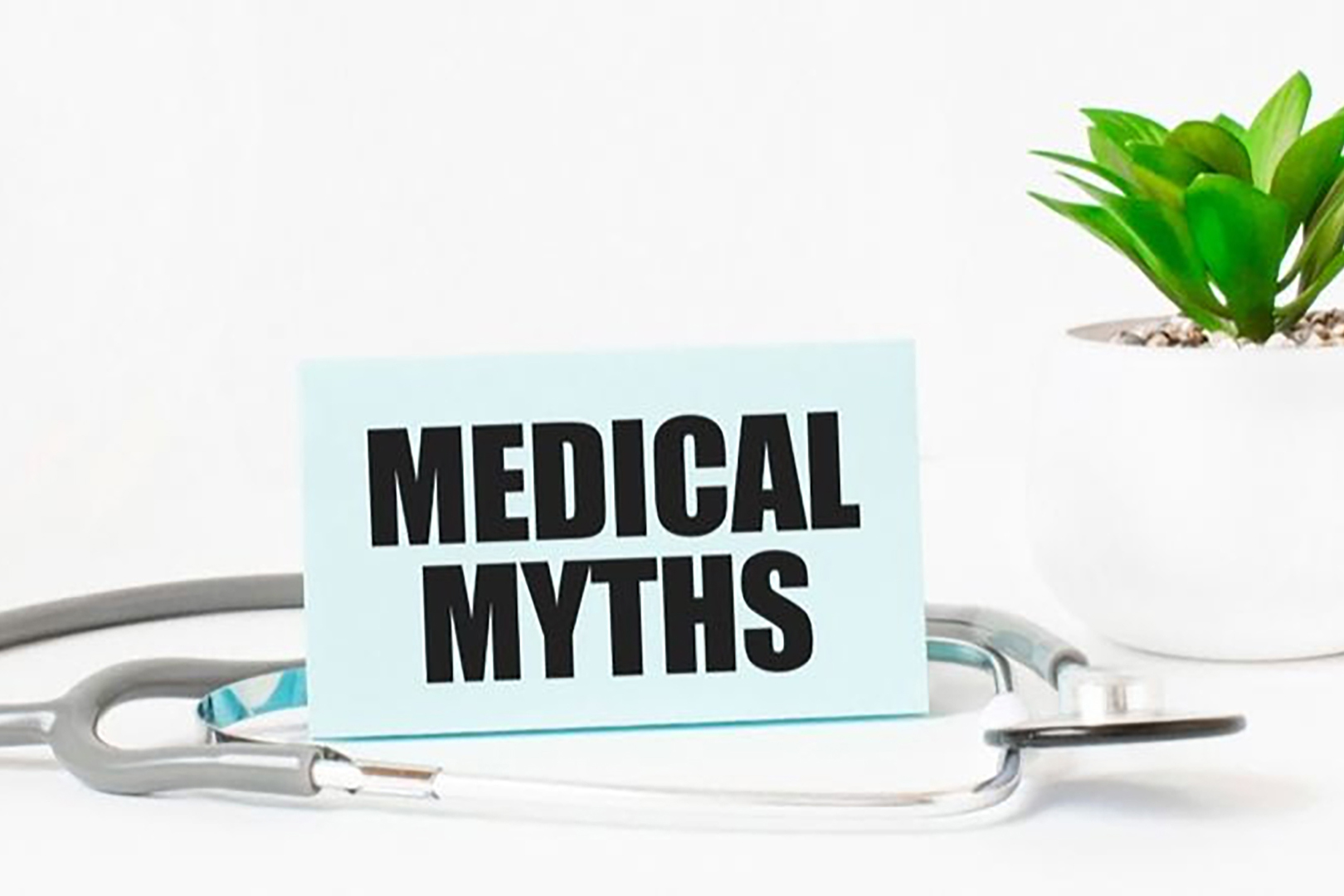Testosterone is a vital hormone that plays a crucial role in the development and maintenance of male sexual characteristics, as well as overall health and well-being. However, as men age, testosterone levels naturally decline. In some cases, this decline can lead to a condition known as low testosterone or hypogonadism. Recognizing the signs and symptoms of low testosterone is essential for timely diagnosis and treatment. This article aims to explore the common indicators of low testosterone in men and shed light on the benefits of seeking appropriate treatment.
Signs and Symptoms of Low Testosterone:
- Sexual Dysfunction: One of the primary signs of low testosterone is a decrease in sexual desire (libido) and difficulty achieving or maintaining erections (erectile dysfunction). Men with low testosterone may experience a reduced interest in sex and a decline in the quality of their sexual experiences.
- Fatigue and Decreased Energy: Low testosterone levels can lead to persistent fatigue and a noticeable decline in energy levels. Men may find themselves feeling tired even after getting sufficient sleep or struggling to engage in physical activities they once enjoyed.
- Muscle Loss and Weakness: Testosterone is involved in the development and maintenance of muscle mass. When testosterone levels are low, men may experience muscle loss, reduced strength, and an overall decrease in physical performance.
- Increased Body Fat: Low testosterone is often associated with an increase in body fat, particularly in the abdominal region. Men with low testosterone may notice an accumulation of fat and a loss of muscle tone, contributing to a less masculine physique.
- Mood Changes and Depression: Testosterone influences mood and mental well-being. Low testosterone levels can lead to irritability, decreased motivation, difficulty concentrating, and even depression. Men may experience a diminished sense of well-being and a decline in overall quality of life.
- Decreased Bone Density: Testosterone is essential for maintaining healthy bones. Inadequate testosterone levels can lead to reduced bone density, making men more susceptible to fractures and osteoporosis.
Benefits of Treatment:
- Improved Sexual Function: Treatment for low testosterone can help restore sexual desire and function, including increased libido and the ability to achieve and maintain erections. This can significantly improve a man’s overall sexual satisfaction and intimacy with their partner.
- Increased Energy and Vitality: Testosterone replacement therapy can help alleviate fatigue and boost energy levels, allowing men to engage in daily activities with renewed vigor. Restoring testosterone levels can enhance physical stamina and improve overall productivity.
- Enhanced Mood and Mental Well-being: Treatment for low testosterone can positively impact mood and alleviate symptoms of depression and irritability. Men often report improved motivation, a sense of well-being, and better mental clarity following testosterone therapy.
- Muscle Strength and Bone Health: Testosterone plays a vital role in maintaining muscle mass and bone density. Treatment can lead to increased muscle strength, improved physical performance, and reduced risk of fractures and bone-related conditions like osteoporosis.
- Decreased Body Fat: Testosterone replacement therapy can help reduce body fat and promote a more favorable body composition. With increased muscle mass and decreased fat, men may experience improved self-esteem and body image.
Recognizing the signs and symptoms of low testosterone is crucial for timely diagnosis and appropriate treatment. By addressing low testosterone levels, men can experience significant improvements in sexual function, energy levels, mood, muscle strength, and overall well-being. If you suspect you may have low testosterone, please schedule your appointment today. Dr. Gajer and her staff will provide an accurate diagnosis and guide you through the available treatment options to improve your vitality and quality of life.
We are now offering free pre-screening telemedicine appointments by Zoom if you or a loved one would like to learn more!






